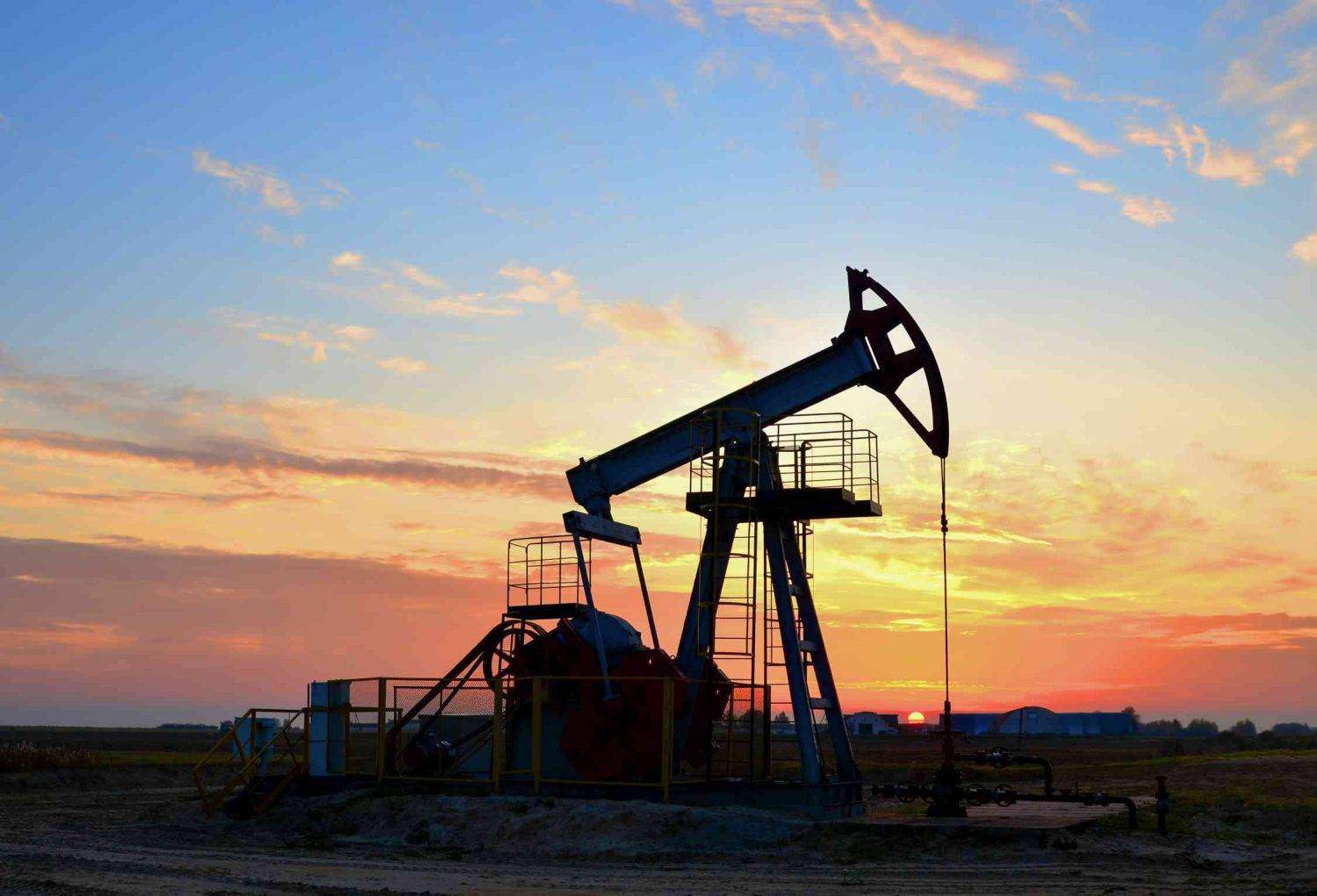ABU DHABI, UAE – Saudi Arabia and the United Arab Emirates said the world needs to keep investing in oil production on Monday, just days before the COP27 climate summit aimed at curbing global warming.
Sultan Al Jaber, the head of UAE oil giant ADNOC, warned that under-investment could cause a shock to the world economy that would make recent convulsions look like a “minor tremor”.
Saudi Arabia’s Energy Minister Prince Abdulaziz bin Salman said the Gulf countries were both increasing production capacity.
They were addressing the ADIPEC oil conference in Abu Dhabi, before COP27 opens in Egypt on November 6.
“We and the UAE are increasing our production capacity. We and the UAE are increasing our refining,” Prince Abdulaziz said.
“We and the UAE are going to be the exemplary producer: hydrocarbon producer, but also achieve all the sustainability goals,” he added.
Sultan Al Jaber, ADNOC’s managing director and group CEO, and also the UAE’s special envoy for climate change, said the world’s growing population would need 30 percent more energy by 2050.
“The world needs all the solutions it can get. It is not oil and gas, or solar, not wind or nuclear, or hydrogen… it is all of the above,” Al Jaber said.
Both officials insisted that oil remains a cornerstone of energy supply, but said they were working to lower emissions and increase production from renewable or less-polluting sources.
Although the OPEC+ grouping slashed oil production this month – ignoring pleas from Western leaders including US President Joe Biden – long-term energy needs will trend higher, they said.
Climate pledge
“If we zero out hydrocarbon investment, due to natural decline, we would lose five million barrels per day of oil each year from current supplies,” Al Jaber said.
“This would make the shocks we have experienced this year feel like a minor tremor. If this year has taught us anything, it taught us that energy security is the foundation of all progress.”
Al Jaber warned that energy production must rise to cater for a global population of 9.7 billion by 2050.
The Abu Dhabi International Petroleum Exhibition Conference (ADIPEC) opened just over a week before COP27, where representatives from nearly 200 countries will take part in the latest round of climate negotiations.
COP26 last year ended with a pledge to keep global warming at 1.5 degrees Celsius over pre-industrial levels — a goal the world is set to miss on current emission trends.
Fossil fuels are “by far” the largest contributor to climate change, accounting for 75 percent of the world’s greenhouse gas emissions, according to the United Nations.
However, the West has clamored for greater production as petrol prices and inflation soared following Russia’s invasion of Ukraine.
In March, Prince Abdulaziz claimed vindication for OPEC+, saying the alliance had mitigated the turmoil on the oil markets.
“Volatility would have even been worse if OPEC were not together and did not exist,” he told a conference in Dubai.








